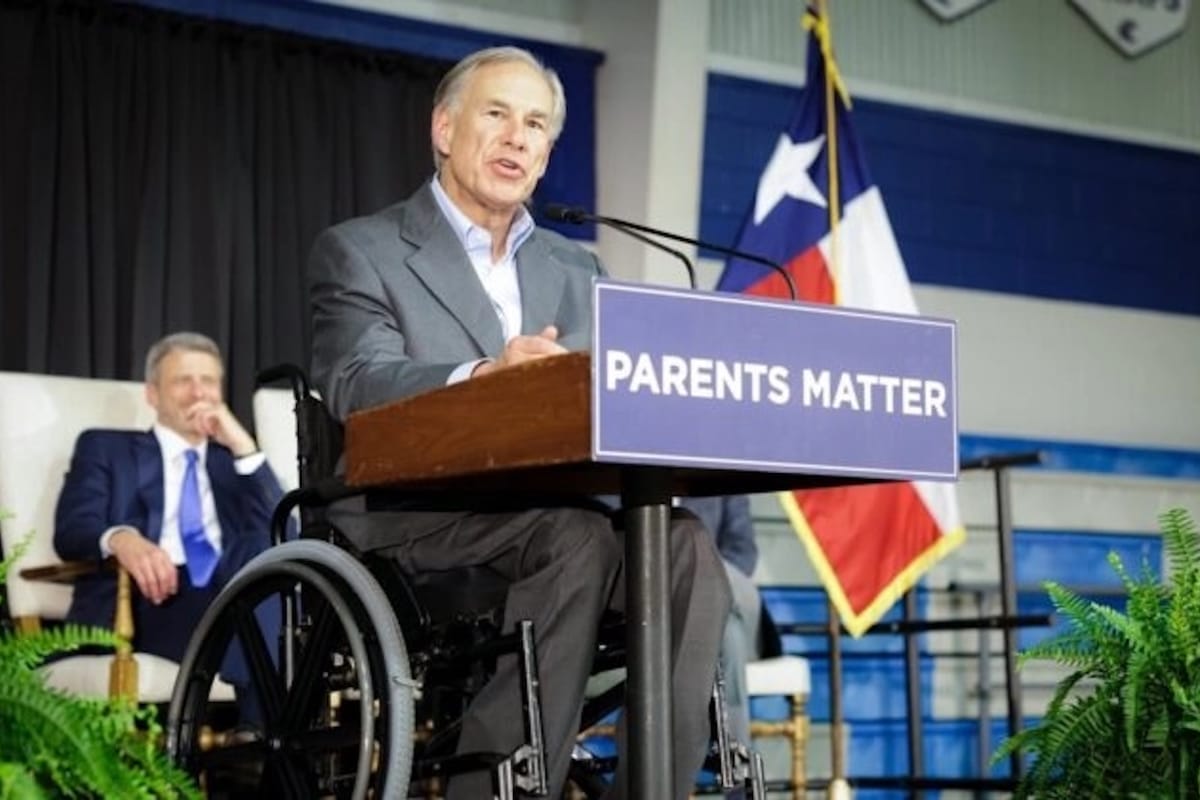

Texas Takes a Bold Step Toward Educational Freedom
In a significant move for education policy, the Texas House of Representatives has passed a bill that could reshape the landscape of schooling in the state. On April 16, House Bill 1 was approved with a vote of 84-63, marking a pivotal moment for advocates of school choice. This legislation aims to provide families with more options for their children's education, a topic that has long been debated in Texas and beyond.
The bill, championed by key figures such as House Speaker Dade Phelan and State Rep. Brad Buckley, introduces a universal school choice program. This initiative would allow public funds to be used for private schooling through education savings accounts, a concept that has sparked both enthusiasm and concern among lawmakers and citizens alike.
Details of House Bill 1
House Bill 1 proposes the creation of education savings accounts that would grant eligible families up to $10,500 per student annually. These funds can be used for private school tuition, homeschooling expenses, or other educational costs. The program is designed to prioritize low-income families and students with disabilities, ensuring that those with the greatest need have access to alternative educational opportunities.
Additionally, the legislation includes provisions for public school funding. It allocates $6 billion in new funding for public schools, alongside a $7,500 pay raise for teachers and a $2,000 increase for other school employees. This dual approach seeks to balance the expansion of school choice with continued support for the public education system.
Another component of the bill offers bonuses to teachers based on student performance outcomes. This measure aims to incentivize high-quality instruction while addressing concerns about teacher retention and compensation in Texas public schools.
Support and Opposition in the House
The passage of House Bill 1 was met with strong support from Republican lawmakers, with 81 of them voting in favor. House Speaker Dade Phelan praised the bill as a 'monumental step forward' for educational freedom, emphasizing its potential to empower parents. State Rep. Brad Buckley echoed this sentiment, highlighting the importance of giving families the ability to choose the best educational path for their children.
However, opposition came from a coalition of 52 Democrats and 11 Republicans who voted against the measure. Critics argue that diverting public funds to private schools could undermine the public education system, particularly in rural areas where private options are limited. They express concern that such a policy might exacerbate existing inequities in education access.
Next Steps for School Choice in Texas
With the House's approval, House Bill 1 now moves to the Texas Senate for consideration. The Senate's response remains uncertain, as previous attempts to pass similar legislation have faced resistance. Governor Greg Abbott has been a vocal supporter of school choice, and his influence may play a critical role in shaping the bill's fate in the Senate.
The debate over school choice is far from over, as stakeholders on both sides prepare for further discussions. Advocates see this as a historic opportunity to transform education in Texas, while opponents vow to protect the integrity of public schools. The outcome in the Senate will likely determine whether this ambitious policy becomes law.
Broader Implications for Education Policy
The passage of House Bill 1 in the Texas House signals a growing momentum for school choice initiatives across the United States. If enacted, Texas would join a handful of states that have adopted similar programs, potentially setting a precedent for others to follow. This development could influence national conversations about the role of public funding in private education.
For now, Texas families and educators await the Senate's decision with anticipation. The bill represents a complex balancing act between expanding parental options and maintaining robust support for public schools, a challenge that will continue to shape education policy debates in the state.
Dues are $12 per year. Member benefits:
✅ Ad-Free Website Viewing
✅ Advocacy for Republican Seniors
✅ 120+ Senior Discounts
✅ Member Only Newsletters